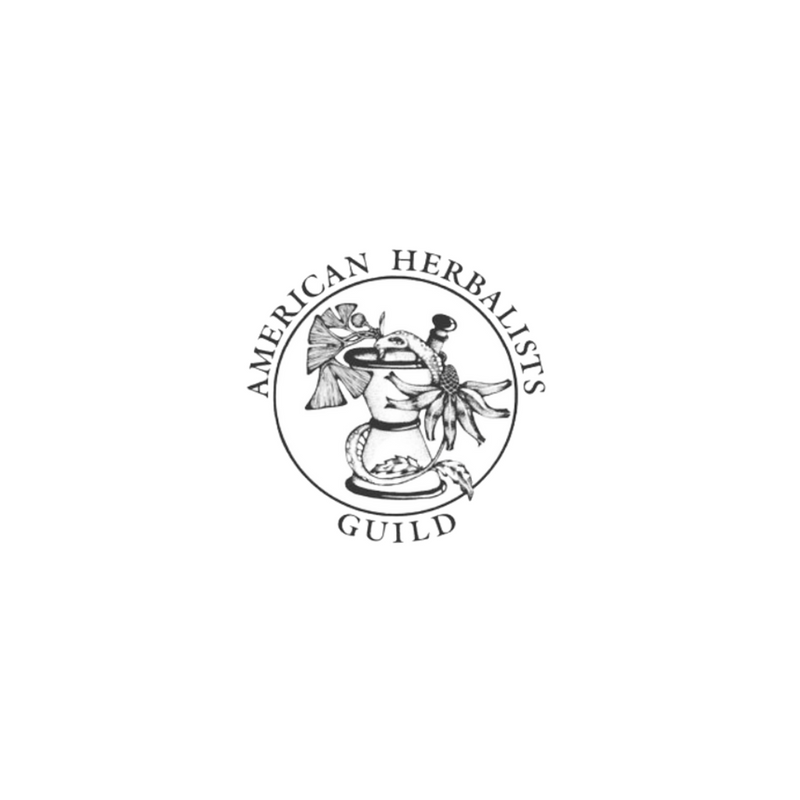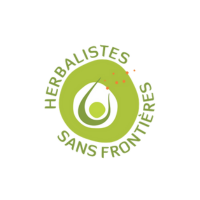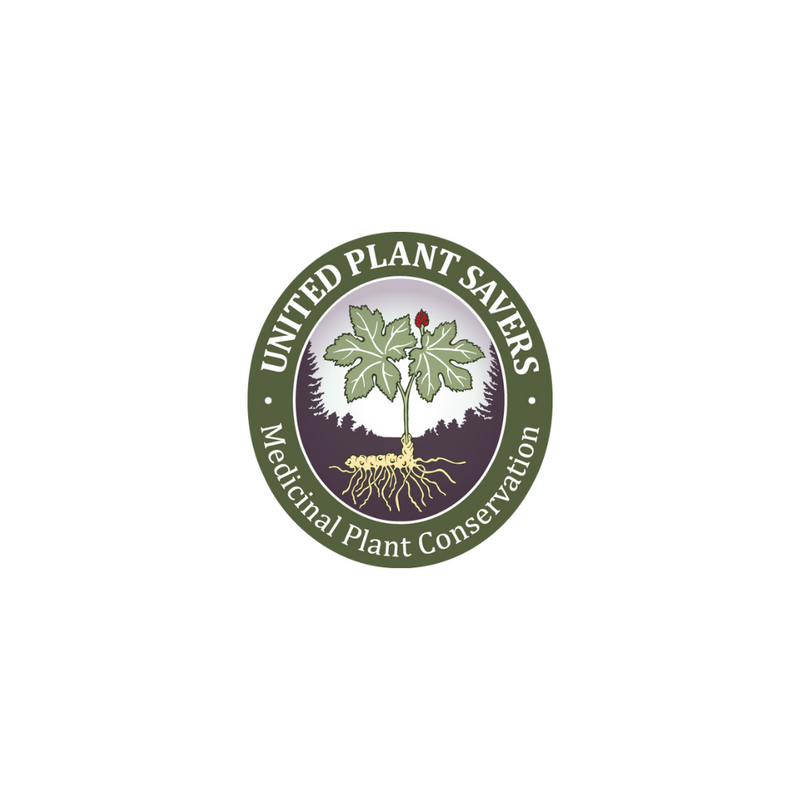
Herbalism as a Practice of Resistance #STOPLINE3
Share
As a member of Haven Herbs and a growing herbalist, I find myself constantly evaluating and thinking critically through my personal and political relationships with the plants that I interact with on a daily basis, at work, as well as the land I occupy. In this blog post, I reflect on the links between herbalism, climate justice, and Indigenous sovereignty to offer a framework that makes the vital connections between them more visible.
Currently, I live in so-called Ohio which is occupied ancestral and contemporary territory of the Shawnee, Potawatomi, Delaware, Miami, Peoria, Seneca, Wyandotte, Ojibwe and Cherokee peoples. Therefore, by default, any interaction that I have with plants (whether that be through Haven Herbs or outside) is intrinsically linked directly to the sovereignty of Indigeneous peoples in this continent and indirectly to Indigeneous sovereignty all over the world. This is so due to the fact that systems of oppression (racism, patriarchy, ableism, etc) are rooted in white supremacist colonial practices and then perpetuated and spread through global capitalism which affects us all.
The capitalistic economic-based relationship between people and nature established and perpetuated by colonizers is what has lead to the decimation of the Earth. In pre-colonial times, Indigeneous peoples of this continent, Turtle Island, and others were co-existing, living sustainably, and thriving as part of nature alongside non-human beings. Yet, mainstream media creates and pushes forth a narrative that blames everyone in “society” for the disastrous effects of climate change when in reality those to blame are a group of elite (disproprotionately cis white men) who continue to colonize and put profit over people.
Furthermore, not only is is true that privileged, white folk are disproportionately doing most of the damage to the world while also disproportionately benefitting most, but oftentimes mainstream media also suppresses all the ways in which, specifically, Indigeneous peoples are also doing most of the work in fighting and protecting the land. Director of the Indigenous Peoples of Africa Coordinating Committee, Kanyinke Sena, even goes as far as saying in this article that “By fighting for their lands, Indigenous peoples are fighting to save the planet. Although they comprise less than 5% of the world population, Indigenous peoples protect 80% of the Earth’s biodiversity in the forests, deserts, grasslands, and marine environments in which they have lived for centuries.”
As a write this, in fact, Water Protectors in Minnesota are literally fighting to stop the expansion of Line 3. As stated on the official website, this is a “proposed pipeline expansion to bring nearly a million barrels of tar sands per day from Alberta, Canada to Superior, Wisconsin. It was proposed in 2014 by Enbridge, a Canadian pipeline company responsible for the largest inland oil spill in the US. Enbridge seeks to build a new pipeline corridor through untouched wetlands and the treaty territory of Anishinaabe peoples, through the Mississippi River headwaters to the shore of Lake Superior.” For a lot of reasons beyond the scope of this post, this pipeline (if built) will have fatal repercussions for the surrounding communities in the short-term but also fatal repercussions for the rest of life in this entire continent. If you’d like to support this fight for climate justice which is a necessary must for collective liberation and climate justice to ever be achievable, learn more here about how to help STOP Pipeline 3 so you can also be part of the solution.
As people begin (or continue) to develop their relationship with plants through herbalism, I encourage all of you to use the power of this medicine to make sitting through your own personal responsibility less scary and more empowering. Be inspired by the lessons of the plants and the land because, at the end of the day, our survival as a human species is all interconnected. To liberate ourselves and those around us, we must also liberate and return the land to the rightful stewards, those Indigenous and of the land, and that requires a radical change that begins at the individual level but that will have global and cosmic repercussions.




